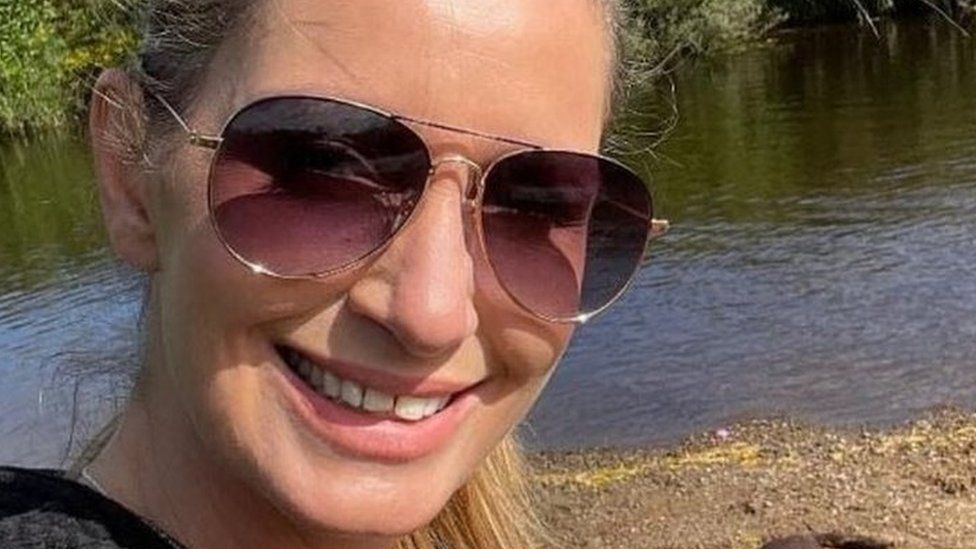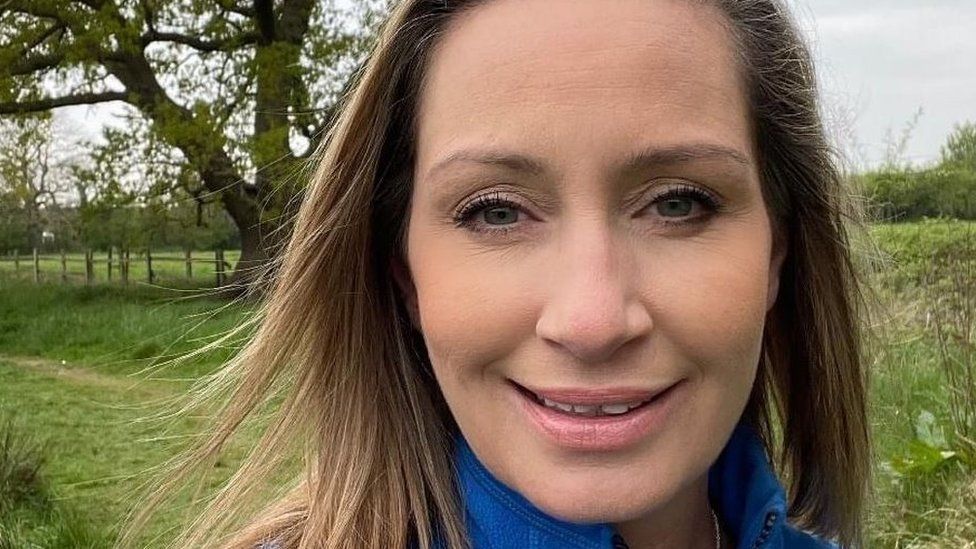
The release of “highly sensitive” personal information by police investigating Nicola Bulley’s disappearance was “avoidable and unnecessary”, a review has concluded.
Ms Bulley went missing in Lancashire, prompting a huge search before her body was eventually found in the River Wyre.
Lancashire Police was criticised for revealing she had been struggling with the menopause and alcohol issues.
The role of underwater search expert Peter Faulding was also criticised.
Lancashire’s police and crime commissioner Andrew Snowden commissioned the College of Policing to review the case – and the force said it had accepted the findings.
The report also said not declaring the investigation a critical incident created “significant challenges” for officers.
It made several conclusions and recommendations for Lancashire Police and wider policing in general.
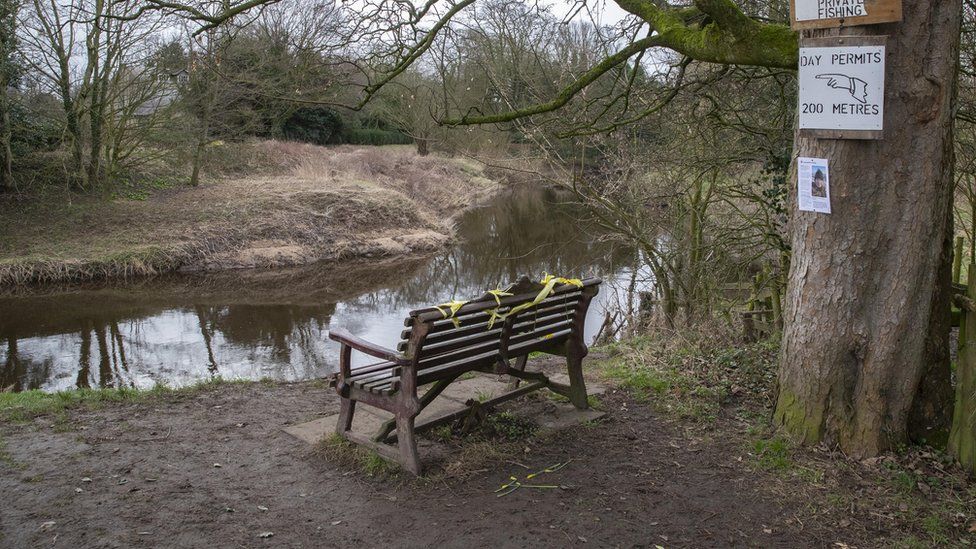
While the report said none of the findings would have materially affected the outcome of the search, it found that the force’s media handling and communication led to “a breakdown of public confidence”.
The search for the 45-year-old in January drew huge national attention, even attracting amateur detectives and social media users to the area. Mr Snowden said “the media narrative” had been lost by the force at an early stage.
Speaking at the time, Prime Minister Rishi Sunak said he was “concerned that private information was put into the public domain“.
Despite being lawful, the release of personal details about Ms Bulley was “avoidable and unnecessary”, the report said.
The report also said forces could use legally enforceable NDAs (non-disclosure agreements) when engaging experts, advisors or other contractors after issues with Mr Faulding, of specialist diving firm Specialist Group International.
Police had shared concerns with the review that Mr Faulding, who was called in by Ms Bulley’s family to help with the search, “caused challenges to the investigation” by discussing the case with the media and “behaved insensitively” to the family at an “extraordinarily difficult time”.
“Mr Faulding made several statements to the media that were later found to be at odds with the inquest findings,” the report said.
He had pulled his team out after searching the river and at one stage said Ms Bulley was “categorically not” in the water.
In a seven-page response to the findings, Mr Faulding said there were several statements in the report which did not reflect the actual events.
“If at any time I was asked to stop updating the media, I would have immediately, but no request was ever made,” he said in the statement.
He denied he had signed any NDAs, adding: “The only instructions I was given was to use discretion and keep operational information confidential. I was never given any operational information and never disclosed any.”
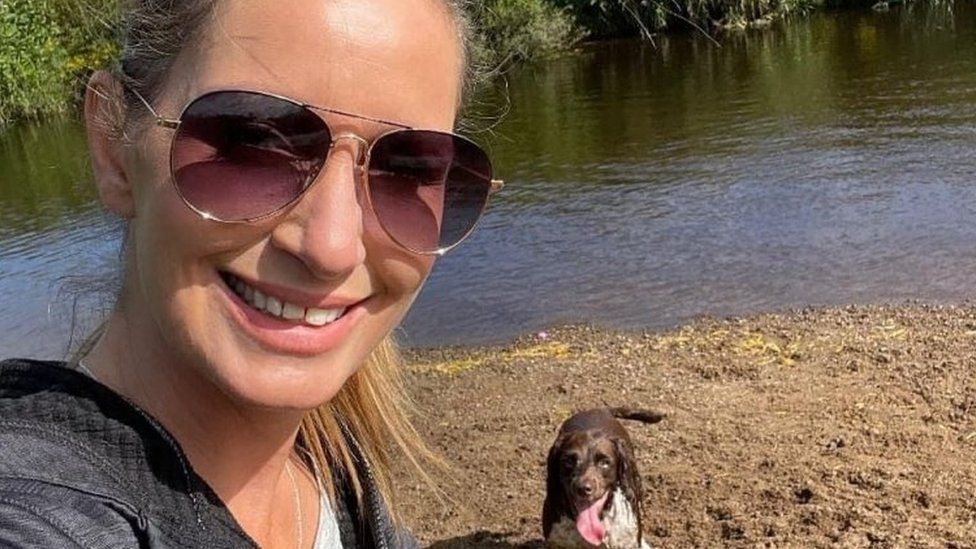
The report did praise the police investigation and search itself, describing it as “very well conducted and resourced”.
Ms Bulley’s body was found three weeks after she disappeared, with a coroner later finding she had fallen into the river accidentally.
Mr Snowden said: “This review offers best practice in how high-profile cases can be best investigated and communicated under such spotlight and scrutiny.
“Whilst the investigation into Nicola’s disappearance was found to be well handled and resourced, the media narrative was lost at an early stage, which had a detrimental impact on Nicola’s family and friends, and also the confidence of the wider community.
“Opportunities for non-reportable media briefings on her medical history and vulnerabilities, or sharing her status as a high-risk missing person were not taken.”
Mr Snowden said he would now “hold the chief constable to account for producing an action plan against the recommendations” and will stage an “extraordinary accountability board” in January with the force.
He added while the handling of the case “obviously did do significant damage to the reputation of the constabulary at the time”, he had “full confidence” in his chief constable Chris Rowley.
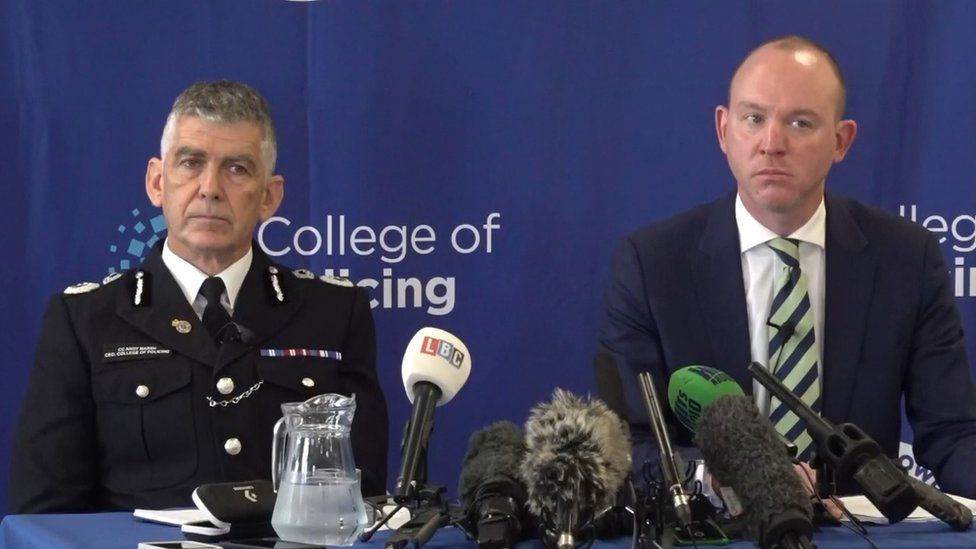
Andy Marsh, chief executive of the College of Policing, said not calling the investigation a critical incident “set the tone within the constabulary and led to several challenges”.
“The most notable of these was the way the constabulary released personal information about Nicola which was avoidable and unnecessary,” he said.
However, he praised the force for its “exemplary investigation” and “well conducted search”.
Lancashire Police’s Deputy Chief Constable Sacha Hatchett said the “incredibly tragic case” attracted a huge media and social media interest which was “at times overwhelming”.
“With the benefit of hindsight, there are undoubtedly things we would do differently in the future. Indeed, we have already started to do so,” she said.
On the release of personal information, she said: “We worked proactively with the Information Commissioner’s Office immediately after the disclosure was made and they concluded that no action was required against the force.
“The release of the information was lawful, but that doesn’t mean that we don’t recognise the impact that this had.”
She added: “It is incumbent on me to stress that the decision making process was thorough, considered and based on the substantial risk posed at that time in the investigation.”
‘Lessons learned’
Information Commissioner John Edwards said lessons should be learned following the review.
“What should be clear from this report, which we contributed to, is that there are stringent laws protecting how personal information is used and shared in the UK,” he said.
“Police must demonstrate that sharing personal information is proportionate and necessary to protect the public and investigate crime.”
National Police Chiefs’ Council chairman Gavin Stephens said he welcomed the findings, adding: “Police chiefs will now work closely with the College of Policing to address the recommendations and ensure that the improvements needed are made across policing.”

Why not follow BBC North West on Facebook, X and Instagram? You can also send story ideas to northwest.newsonline@bbc.co.uk
-
-
10 minutes ago

-
-
-
22 February
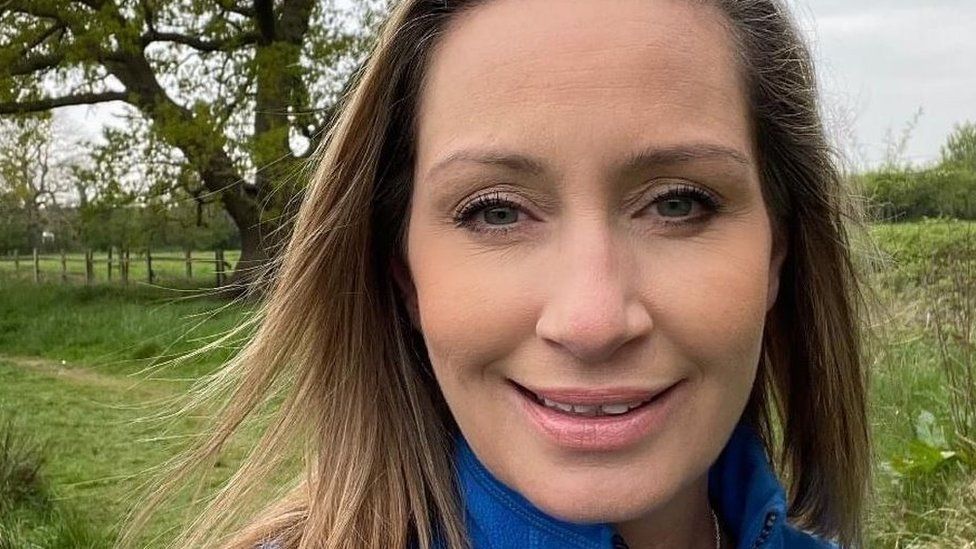
-

